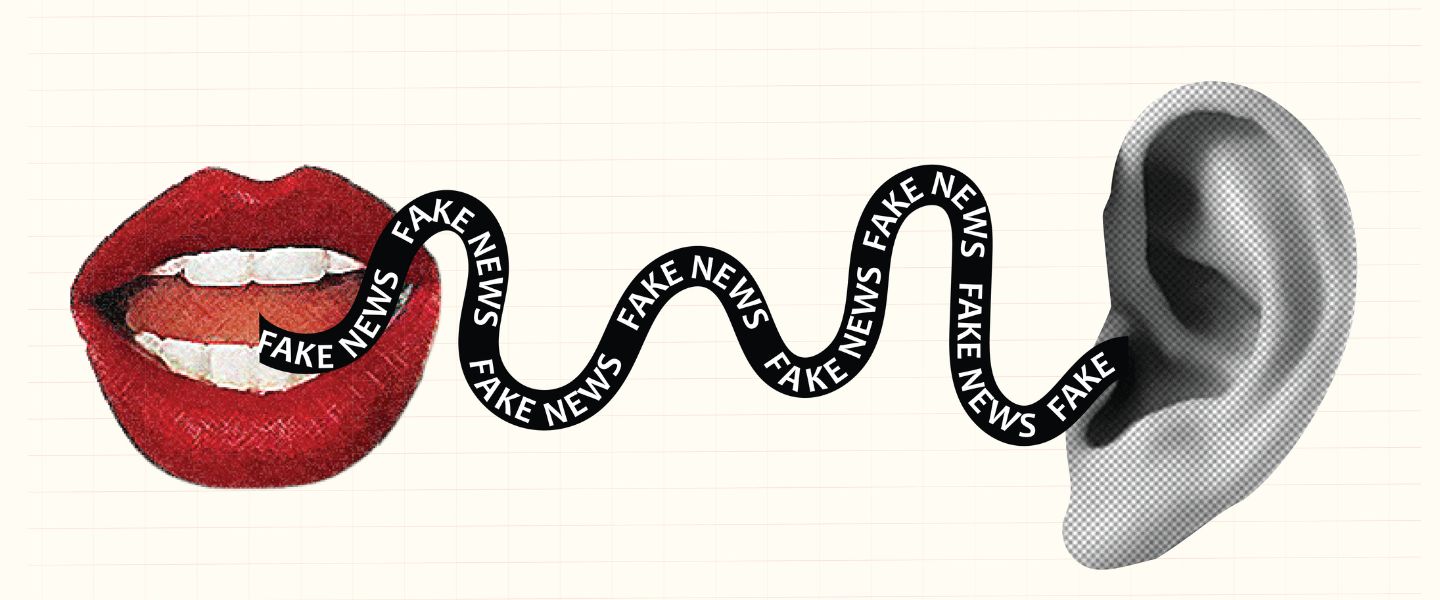
Playing for keeps: Why you need a gaming strategy
Many of us still equate gaming with dudes playing video games like Grand Theft Auto in a basement. In fact, as Bastian Bergmann told Stefan Michel in a recent I by IMD Book...

by Ginka Toegel, Jean-Louis Barsoux Published October 29, 2025 in Brain Circuits • 3 min read
Some undiscussables are rooted in negative feelings (such as annoyance, mistrust, and frustration) that are difficult for team members to label or express constructively – but manifesting one’s anger or resentment is not the same thing as discussing it.
Go through this checklist to see whether team members are harbouring negative feelings towards each other:
The behavior or comments of colleagues with divergent perspectives can trigger allergic reactions, often based on misunderstandings. Healthy disagreements over what to do or how to do it can quickly morph into interpersonal conflicts. Too easily blamed on a vague “lack of chemistry,” these feelings can infect the whole team – especially when the pressure is on. One touchy relationship is enough to generate a malaise that hinders team deliberations through emotional and social contagion.
Faulty perceptions mostly go uncorrected because the antagonists don’t test their inferences. Based on their own worldviews and self-protective instincts, they presume they know why the other party is acting in a particular way and letting that drive their behavior. This leads to escalating tensions.
As team leader, you need to help feuding parties investigate their differences – in personality, experience, and identity – that fuel their apparent incompatibilities. Try to disentangle intent from impact: even if feedback and advice are well-intentioned, they may challenge a colleague’s self-image as competent, honest, or likable and trigger a strong, negative emotional response. Once people understand where their colleagues are coming from, it’s easier to value and leverage their input without taking offense at their comments or behavioral quirks.

Professor of Organizational Behavior and Leadership at IMD
Ginka Toegel is a teacher, facilitator, and researcher in the areas of leadership and human behavior. Specialized in providing one-to-one leadership coaching and team-building workshops to top management teams in both the public and private sector, her major research focuses on leadership development, team dynamics, and coaching. She is also Director of the Strategies for Leadership program and the Mobilizing People program.

Research Professor at IMD
Jean-Louis Barsoux helps organizations, teams, and individuals change and reinvent themselves. He was educated in France and the UK, and holds a PhD in comparative management from Loughborough University in England. His doctorate provided the foundation for the book French Management: Elitism in Action (with Peter Lawrence) and a Harvard Business Review article entitled The Making of French Managers.

4 hours ago • by Stefan Michel in Brain Circuits
Many of us still equate gaming with dudes playing video games like Grand Theft Auto in a basement. In fact, as Bastian Bergmann told Stefan Michel in a recent I by IMD Book...

February 12, 2026 • by Francesca-Giulia Mereu in Brain Circuits
Beige gets a bad rap from brand consultants, but when you’re stressed, it’s hard to think clearly: you need to return to neutral first. To reset your nervous system, try going back...

February 11, 2026 • by Stefan Michel in Brain Circuits
Drawing on his recent IMD podcast with Amar Bhidé, IMD Professor of Management Stefan Michel debunks longstanding misconceptions about entrepreneurship....

February 10, 2026 • by Susanne May in Brain Circuits
Forget everything you’ve heard about genius CEOs, intuition, and heroic decision-making, says Susanne May – use Jensen Huang’s radical leadership of Nvidia as a blueprint to succeed in the AI era....
Explore first person business intelligence from top minds curated for a global executive audience